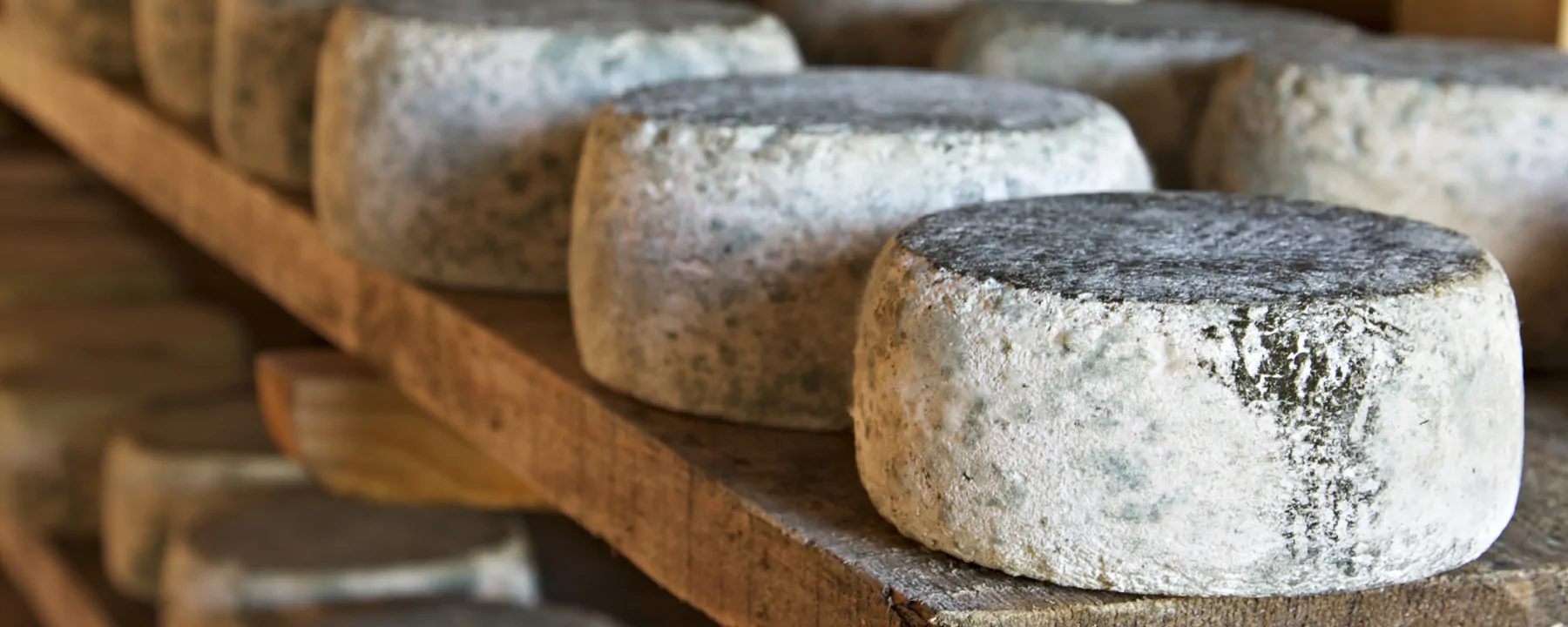In naturally aged cheeses like brie and some varieties of cheddar, the production of the rind is interfered with by an antibiotic produced by a mold gene, according to research. Using antimicrobial compounds, the mold, a wild Penicillium species, outcompetes the bacterial colonies on the cheese rind. This finding sheds light on how fungi might influence the microbiome of cheese and raises the possibility that using scientific knowledge could aid cheese-making artists in preserving their goods by reducing unwelcome mold disturbances. The study emphasizes the complex interactions between microorganisms during cheese production and how they affect the flavor of the finished product.
The creation of secondary metabolites is regulated by a gene known as laeA, which was found by researchers. They were able to restore normal bacterial development on the cheese rind by developing a mutant fungus deficient in laeA, demonstrating that the disruptive effects of the mold were reduced. According to further research, laeA is required for the production of the psoA gene, which produces the antibiotic-like secondary metabolite known as pseurotin. The scientists showed that the germs continued to grow unhindered after pseurotin was removed. This research sheds light on how mold affects the microbiome of cheese and makes suggestions for potential strategies to prevent mold growth and aid cheese producers in maintaining the quality of their products.
The mold is thought to penetrate the microbial population on the cheese rind through the production of a secondary metabolite called pseurotin. With this discovery, the makeup of a microbiome has for the first time been demonstrated to be mediated by a fungal natural product, highlighting the potent impact of fungal chemicals on the development of diverse species. The work provides insight into a topic that has only recently received a limited amount of attention: how fungus interact with bacterial ecosystems. New avenues for preventing undesired mold infestations in the cheese-making process have been made possible by this research. Cheese manufacturers may be able to stop fungus from taking over and protect the caliber of their goods by detecting those with possible negative impacts on bacterial populations. The relevance of comprehending these fungal-bacterial interactions and their prospective uses in the cheese-making industry are emphasized by the study.

I wonder if this discovery can help us study fungus overall and not just pertaining to cheeses. Could fungal-bacteria interactions contribute to alternative treatments in medicine or because Penicillium spp. are found in compost, could these interactions with fungus have negative impacts to our agriculture.
ReplyDelete